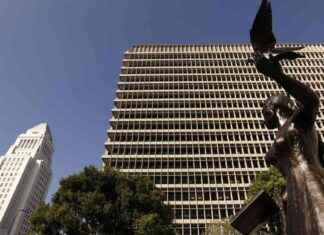After diffuse threats from FIFA, several major European associations have decided not to wear a certain captain’s armband. The Iranian national team, on the other hand, is making a strong social statement at the controversial World Cup in Qatar: they are not singing along to the anthem. But the team threatens more trouble than a yellow card.
The players of the Iran national team did not sing the national anthem in the World Cup opener against England. Iranian activists see it as a gesture of support for the nationwide protests in the country. They had hoped for a statement of solidarity from the players before the game. The Iranian state broadcaster interrupted the live broadcast at the anthem. The players could now face consequences. There had been speculation in Iran that they might be banned if they remained silent at the anthem.
Iranian captain Ehsan Hajsafi on Sunday expressed his condolences to the grieving families of the victims in Iran. The team has to accept that the conditions in the country are not good and the people are not happy. The players are aware of that. According to estimates by human rights activists, at least 360 people have been killed in the nationwide protests in Iran so far.
The death of a young woman in police custody sparked the most violent protests in decades. The security apparatus reacted with extreme severity. The horror at the many killed demonstrators was great. And with supplies of arms to Russia for the war in Ukraine, the pressure is growing domestically and internationally.
Many ex-professionals showed solidarity with the protests. The former Bundesliga professional Ali Daei, for example, said he declined an invitation from FIFA to the World Cup in Qatar. And Ali Karimi, like Daei once active at FC Bayern, has been criticizing the Islamic Republic in the strongest possible terms since the protests broke out. He also declined an invitation.
Athletes are held in extremely high regard in Iran. Millions of followers on social networks make footballers opinion leaders. Her influence on the young generation is huge. The political leadership is aware of the importance of athletes within Iranian society – and uses every means possible to suppress critical voices. This was also felt by climber Elnas Rekabi, who took off her obligatory headscarf in a competition. Celebrated like a national hero, she apologized a short time later – apparently after massive intimidation. Critics complain that it is not the team’s sporting performance that is decisive, but more the loyalty to the system.
At Iran’s opponent England, Harry Kane had refrained from wearing the “One Love” armband, which the captains of several major European football nations wanted to wear as a sign against homophobia, anti-Semitism, racism and for human and women’s rights. Under pressure from FIFA, which had threatened unspecified sporting sanctions, the message did not come.






